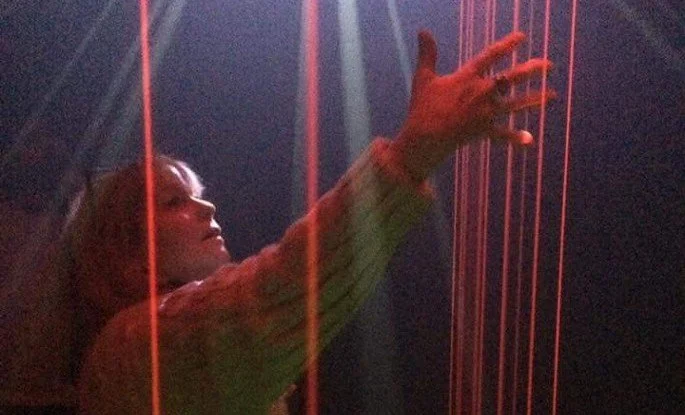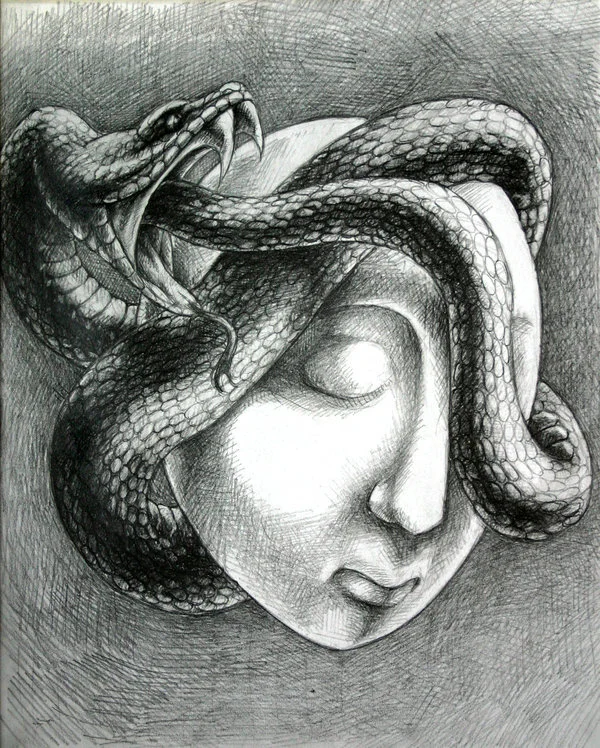We’ve just finished the season of gift giving. I thought I’d write a post about gifts.
I was out to lunch with a friend recently and she told me a story about a gift. She had been gifted a magazine that was published by Billy Graham’s organization. Along with the subscription, came quite a bit of mail from the same organization. After reading an issue or two, she felt that she didn’t like the message that was being put forth in the publication. It was political in a way that didn’t align with her values. It was also religious in a way that didn’t align with her beliefs. So, she called the organization that published the magazine and asked if she could have the magazine mailed to a friend who she knew was more of the mindset represented in the magazine. She was sure this friend would enjoy it. The company said, no, she could not transfer it to another person. They said that it did not belong to her, it belonged to her friend who had gifted it to her and that friend would have to initiate the transfer. My friend was puzzled by this and told them so. “If it’s a GIFT that was given to ME, doesn’t it belong to me?” she inquired. “No, it belongs to the giver,” she was told. She tried to reason with them, “this makes no sense. If I was given an article of clothing and wanted to return it, the store would not require the giver to return it, they would allow me to return it and would give me store credit and/or a refund” The organization was adamant that the “gift” did not belong to her to do with as she pleased. They said they would cancel the subscription and inform her friend of the cancellation. She asked them not to inform her friend, she didn’t want to hurt her feelings. They were adamant. So, she said to forget the cancellation, just go ahead and continue to send the magazine. They would not. They insisted on the cancellation and were firm in the fact that they were going to cancel it and inform her friend. Which they did. My friend called her friend and apologized. She said she appreciated the sentiment, but the magazine was just not where she was spiritually or politically.
To be sure, my friend has no idea if her friend sent the magazine in the hopes of converting her way of thinking, just to be nice, or for any other reason. What she does know is that the organization who publishes the magazine did not consider the gift to be rejectable with no strings attached and her friend has not spoken to her since she rejected it.
I thought about this gift and how it was a great metaphor for much of the religious world’s misunderstanding of the idea of a gift.
Romans 3:24 describes a gift from the “god” perspective “But by the free gift of God's grace all are put right with him through Christ Jesus, who sets them free.”
Side note: Notice the verse says that ALL are put right? Not some, not those who responded correctly, but ALL. The gift referenced here – grace – is not selective or exclusive. That’s important theology.
We also see that the gift of grace is free. There is nothing required, no payment, no pay-back. Free is free.
We all know that for a gift to be a gift it is freely given with no strings attached.
This means that:
- The gift is not given to elicit a certain response (ie. a return gift, a thank you, a particular type of behavior or reward, an alliance) if a particular response is required, the gift is a bribe given to obtain this certain type of behavior, recognition, alliance or obligation.
- The gift is rejectable. If I don’t like or want a gift, and it is freely given, I am free to reject it, re-gift it or return it.
- The gift is abusable. If a gift is freely given, I am able to do as I please with it. Perhaps you’ve given me a dress and I want to wear it as a nightshirt. Perhaps you’ve given me a mug and I want to use it as a pencil holder. Perhaps you’ve given me a lovely bottle of wine. I should be able to drink it all at once and get drunk on it. The freely given gift belongs to me once given. You don’t say what I do with it.
But this is not how religion presents grace. Religion has always told me and may have told you that grace was something that came with a required response and that if that particular response was not given, then either I hadn’t really accepted it, or the grace was no longer in effect. In the case of the religion I inherited, I must believe, repent and be baptized, to receive the “gift” of God’s grace. This is not really a gift, but rather a quid pro quo system. A transaction. An exchange. Also, the religion I inherited said that once the gift of grace was given, it must be treated in a certain way and if it was not, it was no longer grace. And yet, the mug on my desk that is holding pencils is still a mug.
I think of the story of the prodigal son. I said in an earlier post that it was a great story about the nature of god. It’s a great story about the nature of a free gift as well. The first gift from the father was the fact the son was an heir and had an inheritance. The son didn’t really want to wait until his father died to get it, he rejected that type of inheritance and asked for it early. The father then freely gave it to him – early. On the son’s terms, not the fathers. The son abused it. The father still welcomed him back with his status as an heir fully intact (ie. ring on his finger, robes). The fact the son abused it didn’t nullify the gift. The fact the son spent the money wildly didn’t affect his status one bit.
No response to the giving of the inheritance was required from the son.
No response was required from his brother either. The brother was bitter about this free-gift system. It seemed quite unfair to him.
“The older brother became angry and refused to go in. So his father went out and pleaded with him. But he answered his father, ‘Look! All these years I’ve been slaving for you and never disobeyed your orders. Yet you never gave me even a young goat so I could celebrate with my friends. But when this son of yours who has squandered your property with prostitutes comes home, you kill the fattened calf for him!’
“‘My son,’ the father said, ‘you are always with me, and everything I have is yours.
Everything I have is yours.
It’s free.
It’s for both sons – regardless of their “right” or “wrong” choices.
No particular response was required.
None.
Because it’s not a transaction.
It’s a gift.
All these stories use religious words to describe these gift-principals of reality. Words like “god” and “grace”
It doesn’t really matter what words you use. The principle stands. If you like the idea of the “universe” rather than the religious term “god” that works as well.
Does the universe withhold sun and rain from those that don’t appreciate it? How many times have you lacked appreciation for the sun or the rain? Did that change anything? No, it kept on shining and raining.
Does the earth withhold its flora and fauna from those that abuse it? No, it just keeps on giving. We continue to abuse the earth and it continues to bring forth life, and food, and water and shade. It’s a free gift. A grace.
To be sure, we can abuse it to the point that we destroy ourselves completely. But long after we are gone, the earth will bring forth plants, and animals and will go on giving its free gift to whatever creatures are left. The sun will give light.
To be sure, one day about 10 billion years from now, our sun will run out of fuel in its interior and will cease the internal thermonuclear reactions that enable stars to shine. It will swell into a red giant, whose outer layers will engulf Mercury and Venus and likely reach the Earth. Life on Earth will end. But the universe will continue to create more suns.
But this is not a withholding of a gift or a leveraging a gift to gain control. It is simply the cycle of life and death.
Everything dies and even death is a free gift.
Can we take this in? Can we believe that the universe (or god) works this way? That its gifts are given freely with no strings attached?
Most can’t. Most have seldom received a truly free gift. Most feel the need to tack on a qualifier, “well, yes, it was freely given, but if we truly are grateful for the gift, we will do X”
Maybe it’s the qualifier that dampens our gratitude most of all. We all see this with children whose parents give “gifts” with qualifiers. The parent expects a phone call every couple of days – “after all, we are paying your tuition, it’s the least you can do.” -versus the parent who expects no call. The child of the second parent may not call more often than the first but she is certainly more eager to talk to her parent than the first.
In the same way, perhaps if we could see “god” or “the universe” as a truly free giver, we would feel more compelled toward it, more in love with it, more likely to engage with it.










